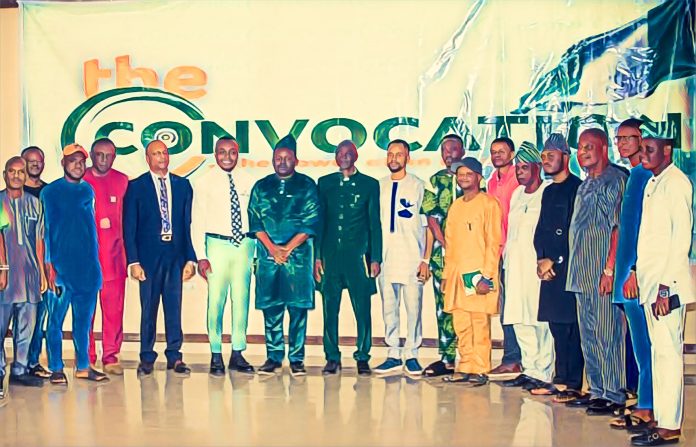Key Points
-
Citizens’ attitudes continue to hinder Nigeria’s national development progress significantly.
-
Weak civic values consistently fuel Nigeria’s systemic stagnation and decline.
-
National growth ultimately requires a mindset shift across Nigerian citizens.
This week, Nigeria celebrated its 65th anniversary of independence. This milestone has made people think about how far the country has come and why it has fallen behind other countries, even though it has a lot of natural and human resources. Political analysts and social commentators say that while leaders have made mistakes, the bigger problem is how people act and think.
At a symposium in Abuja, attended by academics, policy experts, and civic leaders, speakers stressed that a lack of civic responsibility, weak work ethics, and a culture of taking shortcuts continue to hold back the country’s progress. They said that even the best reforms or policies won’t work unless regular Nigerians change how they see their role in making society better.
People’s attitudes get in the way of national progress
According to a report by Vanguard news, Chidi Odinkalu, a former chairman of Nigeria’s National Human Rights Commission, said that Nigeria’s lack of development is not just due to bad government. He said, “We can’t always blame political elites.” “People who live in a society shape it. Corruption becomes entrenched when people accept it or put up with it.
Other speakers said that things people do every day, like ignoring traffic laws, not paying taxes, and not participating in their community, showed that they didn’t have strong civic values. Aisha Dahiru, an economist from Lagos, said, “Everywhere you look, there is a mindset that puts personal gain ahead of the common good.” “This way of thinking spreads to politics, government, and even business.”
The effect can be seen in the economy of the country. Nigeria is Africa’s biggest oil producer, but it still has problems with high unemployment, power outages, and bad infrastructure. Analysts say that these ongoing problems are made worse by the fact that people are okay with taking shortcuts, putting up with inefficiency, or seeing bribery as a way to survive.
A change in thinking is needed for national growth
People at the symposium said that Nigeria’s future will depend on both changes at the top and changes in behaviour at the bottom. They told people to take responsibility, demand openness, and adopt civic values that encourage shared responsibility. Funke Olatunji, a sociologist, said, “It’s not just about government policies.” “It’s about whether Nigerians are willing to change how they deal with the system.”
As Nigeria celebrates its 66th year of independence, many people think that real progress will only happen if both leaders and citizens are willing to change. The country could end up celebrating future anniversaries with the same old questions of what could have been if it didn’t have both.



